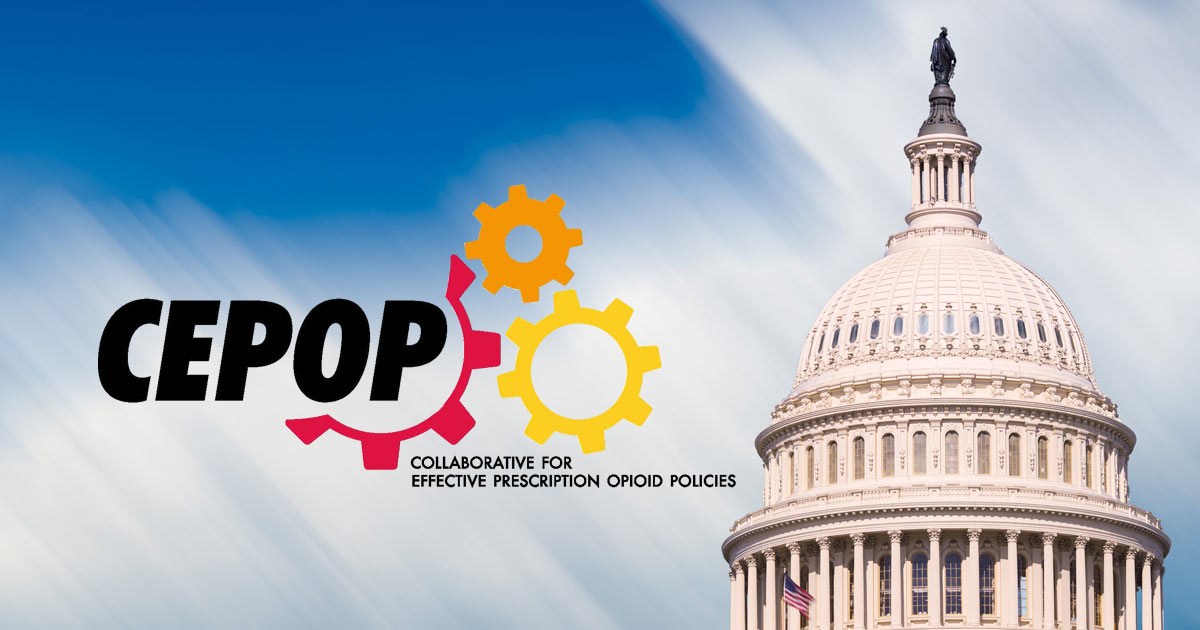Senate HELP Committee to Act on SUPPORT 2.0 and MOTAA
n December 12, the Senate Health, Education, Labor, and Pensions Committee will host an Executive Session to vote on four pieces of legislation, including, S. 3393 SUPPORT for Patients and Communities Reauthorization Act and the S.644 Modernizing Opioid Treatment Access Act (MOTAA).
The House of Representatives passed their reauthorization bill (H.R. 4531 Support for Patients and Communities Reauthorization Act) in July. The 2018 SUPPORT Act lapsed in September and, with multiple bills attempting to cover the loss in funding, a vote on the legislation is essential. The bill carries programs to combat the opioid epidemic and improve access and methods of treatment. The key Senate provisions include the following and a sectional breakdown of SUPPORT 2.0 can be found below in the Articles and Resources section.
- Reauthorizing the Donald J. Cohen National Child Traumatic Stress Initiative
- Grants for increasing access to substance use disorder (SUD) treatment and for prescription drug monitoring programs
- Incentivizes and rewards to providers of SUD treatment
MOTAA will also be reviewed. The bill would allow for the take-home prescribing and pharmacy dispensing of methadone. The bill requires pharmacies and providers to register (process to be created) and that no more than a thirty-day supply of medication can be prescribed or dispensed. This would improve access to methadone—a more established treatment for Opioid Use Disorder (OUD). There has been pushback from certain advocacy groups, emphasizing concerns about diversion, adequate care and counseling, and is likely based in membership business interest for methadone clinics remaining the primary provider of care.
Articles & Resources
S.3393—Bill Text
S.3393—Section-by-section
S. 644—Bill Text
U.S. Senate Committee on Health, Education, Labor & Pensions
Continued Support for SUD Care for Incarcerated Individuals
On December 7, Representatives Annie Kuster (NH) and Don Bacon (NE) introduced legislation that would support Medicaid payments for behavioral health treatments for incarcerated individuals. The primary goal of the legislation is to lower the risk of overdose and prepare individuals for reentry. The bill language includes full reimbursement for mental health and substance use disorder (SUD) services for eligible inmates. The provisions would reform the Medicaid Inmate Exclusion policy and provide longer terms services, differing from the existing Medicaid Reentry Section 1115 Demonstration. In a statement provided to Inside Health Policy, Rep. Kuster said, “The data is clear: a failure to treat substance use disorder in our prisons prevents individuals to fully recovering and reentering their communities…The bipartisan legislation to end the outdated and flawed Medicaid Inmate Exclusion policy will save communities money and better support those with substance use disorder, mental illness, and trauma.”
Articles & Resources
Inside Health Policy—Bipartisan, Bicameral Bill Would Extend SUD Care To Incarcerated
What We Read Last Week
Several articles were published last week pertaining to the opioid epidemic, covering a variety of different components of the topic. Links to relevant articles are provided below.
Demography—Growth in Suicide Rates Among Children During the Illicit Opioid Crisis
Medscape—Social Contagion Influences Buprenorphine Initiation for OUD
NPR—Muppets from Sesame Workshop help explain opioid addiction to young children
ONDCP—White House ONDCP Statement on New Sanctions Issued by the Biden-Harris Administration to Commercially Disrupt Illicit Fentanyl Trafficking
United States Department of Treasury—U.S. Treasury Launches Counter-Fentanyl Strike Force
This Week’s Calendar
In the week ahead, there are no relevant events or hearings noticed at this time. In the event that there are any changes to the schedule for this week, we will make additional information available.
Questions about the above content can be directed to [email protected].

